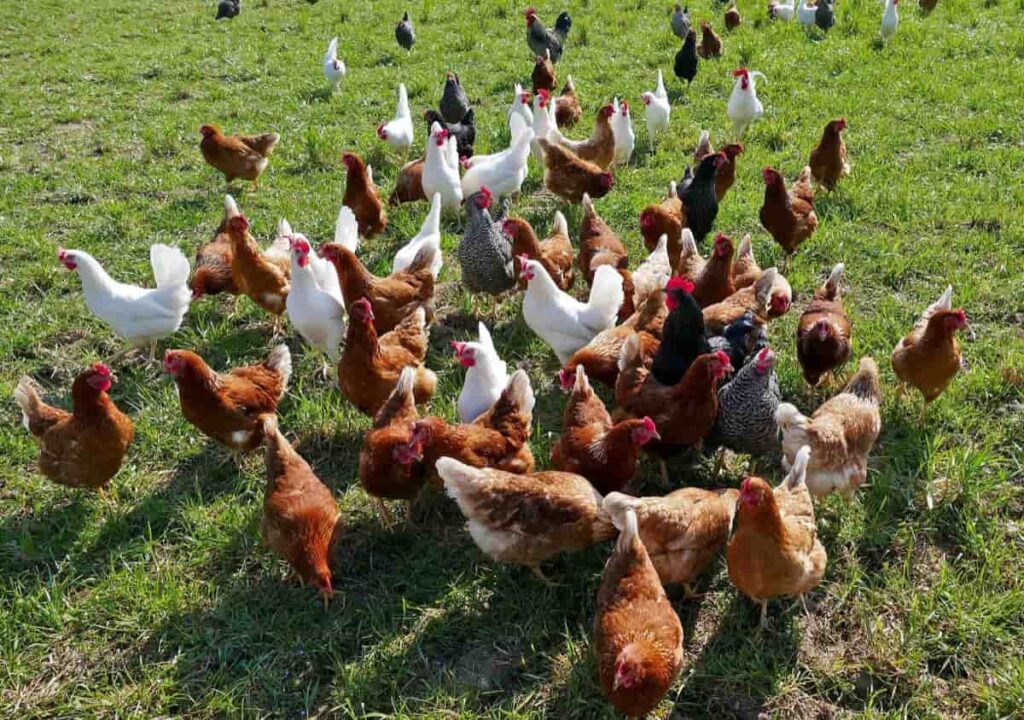Embracing the Rich Heritage of Desi Poultry Farming: A Sustainable Approach to Raising Chickens
Introduction: In recent years, there has been a resurgence of interest in desi poultry farming, a traditional and sustainable approach to raising chickens. Desi poultry farming focuses on native breeds of chickens, characterized by their hardiness, adaptability, and superior taste. In this blog post, we explore the essence of desi poultry farming, its benefits, and how it contributes to sustainable agriculture.
The Essence of Desi Poultry Farming: Desi poultry farming is rooted in tradition and heritage, embodying the following principles:
- Native Breeds: Desi poultry farming emphasizes the use of indigenous breeds of chickens, such as Kadaknath, Aseel, and Giriraja, which are well-suited to local climates and conditions.
- Natural Rearing Practices: Desi poultry farming advocates for natural rearing practices, including free-range grazing, access to fresh air and sunlight, and a diet of locally sourced grains and vegetation.
- Minimal Intervention: Unlike conventional poultry farming, desi poultry farming minimizes the use of antibiotics, hormones, and artificial additives, prioritizing the health and well-being of chickens.
- Preservation of Genetic Diversity: Desi poultry farming plays a crucial role in preserving genetic diversity among chicken breeds, safeguarding against the loss of valuable traits and promoting biodiversity in agriculture.

The Benefits of Desi Poultry Farming: Desi poultry farming offers a multitude of benefits for farmers, consumers, and the environment:
- Superior Taste and Nutrition: Desi chickens are known for their rich flavor, tender meat, and higher nutritional content compared to commercial breeds, offering a premium dining experience for consumers.
- Sustainability: Desi poultry farming promotes sustainable agriculture practices by reducing reliance on external inputs, conserving natural resources, and minimizing environmental impact.
- Empowerment of Small-scale Farmers: Desi poultry farming provides livelihood opportunities for small-scale farmers, empowering rural communities and fostering economic resilience.
- Cultural Heritage: Desi poultry farming celebrates cultural heritage and traditions associated with chicken rearing, preserving ancestral knowledge and indigenous farming practices.
Conclusion: Desi poultry farming is not just a farming method; it’s a way of life that honors tradition, promotes sustainability, and celebrates the rich diversity of native chicken breeds. By embracing desi poultry farming, we can reconnect with our roots, support local farmers, and enjoy wholesome, flavorful chicken raised with care and respect for nature.


Hi, this is a comment.
To get started with moderating, editing, and deleting comments, please visit the Comments screen in the dashboard.
Commenter avatars come from Gravatar.